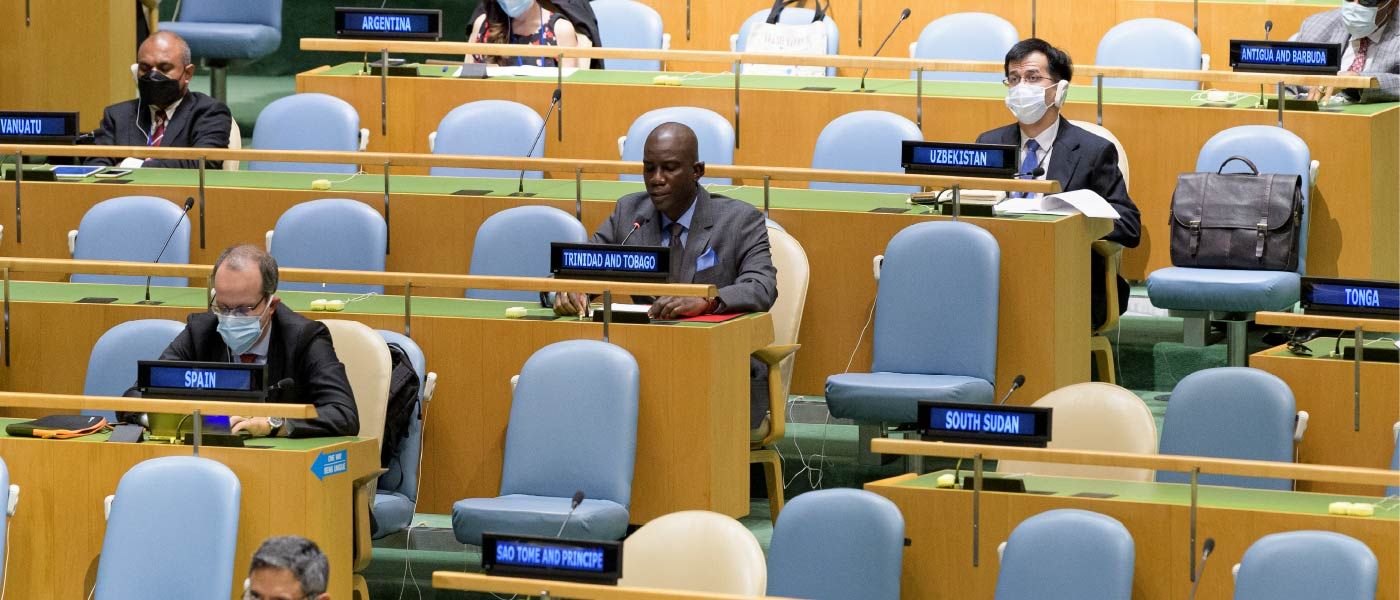
Building Trust in AI through Justice


Array
(
[thumbnail] => https://s42831.pcdn.co/wp-content/uploads/2022/02/CIC-Statement-April-2022-150x150.jpg.optimal.jpg
[thumbnail-width] => 150
[thumbnail-height] => 150
[medium] => https://s42831.pcdn.co/wp-content/uploads/2022/02/CIC-Statement-April-2022-300x129.jpg.optimal.jpg
[medium-width] => 300
[medium-height] => 129
[medium_large] => https://s42831.pcdn.co/wp-content/uploads/2022/02/CIC-Statement-April-2022-768x329.jpg.optimal.jpg
[medium_large-width] => 768
[medium_large-height] => 329
[large] => https://s42831.pcdn.co/wp-content/uploads/2022/02/CIC-Statement-April-2022-1024x439.jpg.optimal.jpg
[large-width] => 1024
[large-height] => 439
[1536x1536] => https://s42831.pcdn.co/wp-content/uploads/2022/02/CIC-Statement-April-2022.jpg.optimal.jpg
[1536x1536-width] => 1400
[1536x1536-height] => 600
[2048x2048] => https://s42831.pcdn.co/wp-content/uploads/2022/02/CIC-Statement-April-2022.jpg.optimal.jpg
[2048x2048-width] => 1400
[2048x2048-height] => 600
[gform-image-choice-sm] => https://s42831.pcdn.co/wp-content/uploads/2022/02/CIC-Statement-April-2022.jpg.optimal.jpg
[gform-image-choice-sm-width] => 300
[gform-image-choice-sm-height] => 129
[gform-image-choice-md] => https://s42831.pcdn.co/wp-content/uploads/2022/02/CIC-Statement-April-2022.jpg.optimal.jpg
[gform-image-choice-md-width] => 400
[gform-image-choice-md-height] => 171
[gform-image-choice-lg] => https://s42831.pcdn.co/wp-content/uploads/2022/02/CIC-Statement-April-2022.jpg.optimal.jpg
[gform-image-choice-lg-width] => 600
[gform-image-choice-lg-height] => 257
)

This statement was made by CIC Deputy Director Paige Arthur as part of informal thematic consultations hosted by the President of the General Assembly on the “Our Common Agenda” report, which focused on ideas for a New Agenda for Peace. The discussion recording is available on UN Web TV.
February 22, 2022
My intervention is about strengthening a preventive approach. We welcome the secretary-general’s ongoing commitment to prevention in Our Common Agenda—through proposals on foresight capabilities, making every UN entity a center of prevention expertise, and predictable funding for the PBF.
While these efforts are welcome, they would benefit from complementary efforts to recognize and empower national and local actors.
I’d like to make some suggestions for action and am curious about the briefers’ feedback.
The first suggestion is based on the observation that prevention must be nationally led to be effective. Only national actors—all segments of society, as acknowledged in the 2016 sustaining peace resolutions—can strengthen their social cohesion, build trust, design people-centered justice systems, and address deep-seated grievances and inequalities.
Yet governments and communities may struggle to understand in a very practical way how to develop prevention strategies. This could be remedied through the development of voluntary, self-directed guidelines on prevention for member states to design and implement their own prevention strategies.
These guidelines would present core elements that have made violence prevention strategies successful, such as the need for local diagnoses as well as cross-government coordination mechanisms. These strategies would then provide the framework for UN’s own action on prevention in country.
This idea can be a reality. Such guidelines already exist for the crime prevention field at the UN, and we have seen today and yesterday that member states have called for such guidelines during this consultation process.
My second suggestion is to support the Pathfinders’ multi-stakeholder movement to Halve Global Violence—which was spotlighted in Our Common Agenda. This movement sets a concrete target—to reduce violence by 50% around the world—to galvanize local, national, and international actors to transformational action. This target is ambitious but feasible.
Finally, we need a new agenda for investing in peace as part of the new agenda for peace—in particular, actionable ideas to move forward Good Peacebuilding Financing. As countries face unprecedented pressures on their budgets due to the ongoing effects of the pandemic, creative ideas for increasingly the quality and quantity of peacebuilding financing are critical.
This includes the call for predictable and adequate funding for the PBF, but goes beyond it. It should include an inclusive dialogue to expand the donor base for peacebuilding, recognizing the increasing role of non-Western donors and South-South cooperation in fragile contexts. It should also include a more coherent approach at country level with the World Bank and IMF. And it should consider creating a global innovation hub or lab to monitor financial flows for peacebuilding, develop evidence on what works, and provide feedback to decision-makers at national and international levels.
These intersecting suggestions are practical options for making progress on a prevention agenda. I thank you for your time.
General Assembly Holds Consultation on Report of Secretary-General on “Our Common Agenda.” Photo: UN Photo/Manuel Elías


Subscribe to our newsletter and receive regular updates on our latest events, analysis, and resources.
"*" indicates required fields